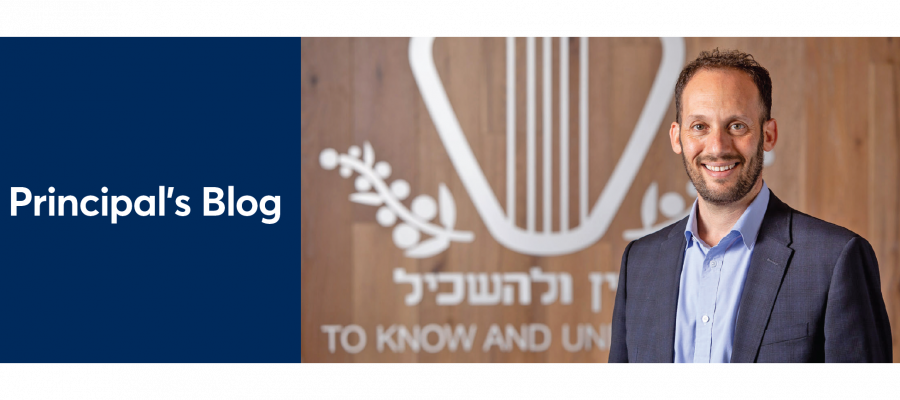
A meaningful antidote to climate anxiety
According to research referenced by the Climate Council in their Climate Anxiety Toolkit, more than three quarters of Australians are worried about climate change. In particular, a worldwide study found that more than half of young people surveyed are feeling “sad, anxious, angry, powerless, helpless, and guilty about climate change.”
Climate change is indeed scary. As the earth hurtles towards permanent average global temperature increases in excess of 1.5 degrees over pre-Industrial times, there are legitimate concerns that our environment, health, and way of life, will all be detrimentally impacted.
There are two natural responses to fear. One is to fight for survival, another is to become paralysed by anxiety. There have been a number of studies which find a causal link between inaction on climate and individuals becoming overwhelmed with bad news and feelings of hopelessness.
This creates a genuine dilemma as we recognise that if we are not pushed into action over the next five to ten years, it is likely to dramatically exacerbate the problems. Conversely, meaningful action could moderate the negative outcomes.
The Climate Council rightly recognises that in this area, “hope is a strategy”. Embracing hope can actually spur us towards activity.
I have always found that the most meaningful antidote to anxiety around any problem is to take steps towards a solution. While this is also apt when addressing climate anxiety among young people, it can be hard as many of the most impactful changes that humans can make are not within their locus of control.
For instance, as an adult I have been empowered to make changes that have significantly reduced my footprint. I was surprised to learn that among the most impactful changes I could make as an individual was to move my superannuation to a plan that invested in renewables and eschewed fossil fuels. Other significant changes were about the sourcing of power for my home, the car I choose to drive and how often I drive it and thinking carefully about the impact of food that I eat.
None of these choices are typically within the remit of children and so other than nudging their parents, many students will not be able to make as many individual decisions that address some of the biggest areas of impact.
Nonetheless, there is so much to gain in our young people learning about their individual impacts as this will likely spur them into action when they are empowered to make impactful choices as they become more relevant and it also acts as a vital antidote to climate anxiety.
Last week the Tikkun Olam Va’ad (Social Action Committee) of our Hanhagah (Student leadership body) led the School in action and learning around climate change. On Cosy Without Carbon Day, staff and students at the Magid Campus went without heating and the Tikkun Olam Va’ad used the results to encourage students to consider their impact on the planet.
Even though we have a very substantial solar array which delivers renewable energy, in winter, this is less effective, and the Va’ad found that our electricity usage was halved on Cosy Without Carbon Day.
Such student-run initiatives encourage our students to become proactive community members who take responsibility for making changes that allow them to feel part of the solution, not just part of an impossible problem.
This is one of the myriad ways that our students give me hope every day as they develop the ethics, skills, knowledge and character to impact our society for the better.
Shabbat Shalom,
Marc Light
